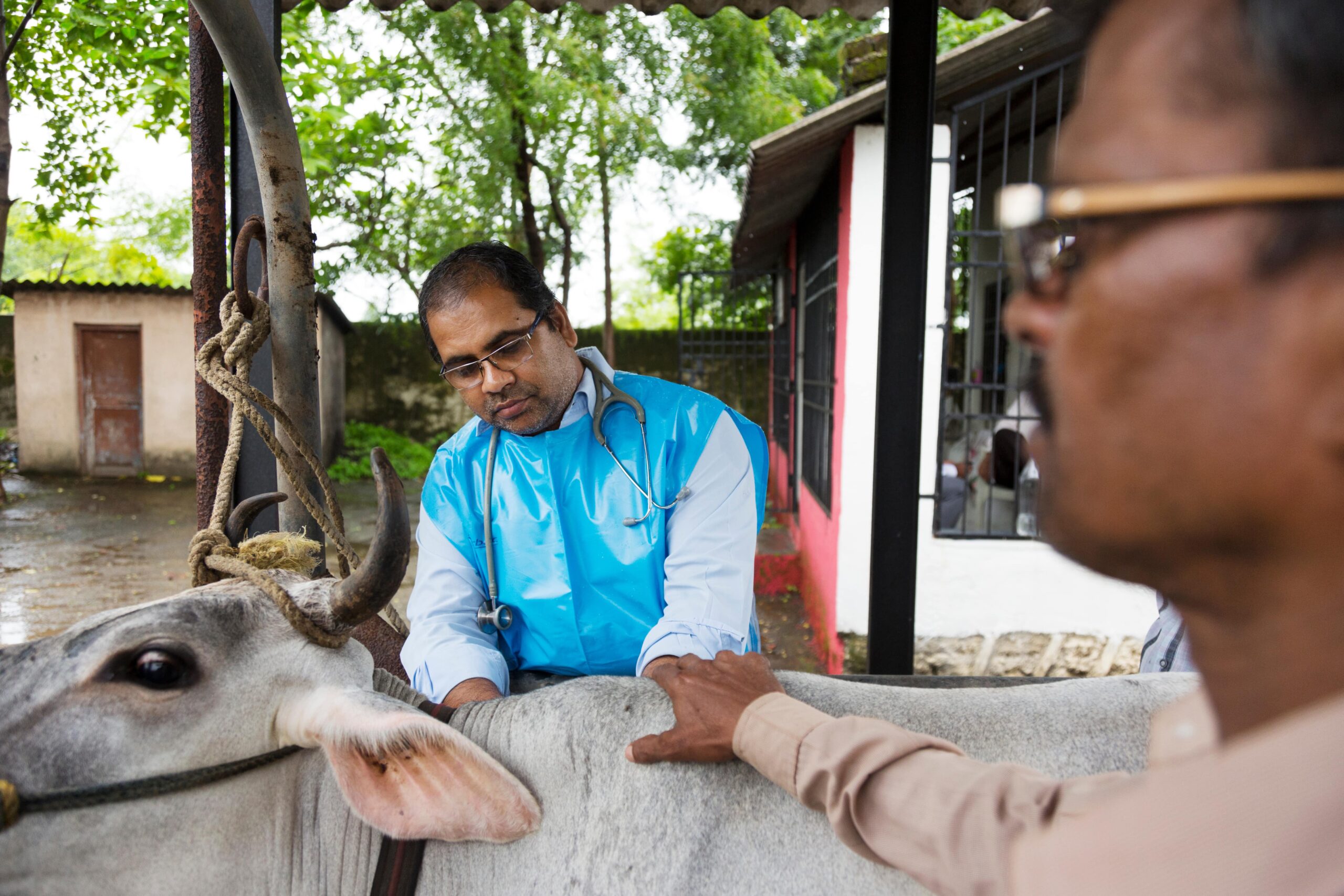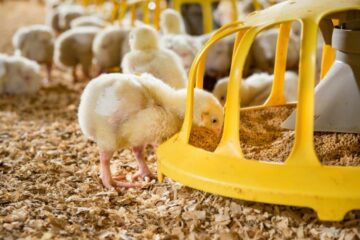Anti-Vaccine movement troubling for people and animals
I see lots of bad information being shared on social media by so-called “anti-vaxxers” – people
blaming the medical practice of vaccinations for a wide range of health problems. As a parent, and a veterinarian, I find the misinformation being spread troubling.
There is no credible evidence to support the most popular anti-vax myths, including the idea that vaccines cause autism or that the flu vaccine can actually cause the flu. Not true! Still, these myths persist and can have a real impact on decisions about whether to get vaccinated. According to the Centers for Disease Control and Prevention (CDC), 90 percent of the children who died from the flu in a recent year were not vaccinated.
As a mother, I lead a family ritual each winter to get our flu shots, which are vaccines that help protect people from the flu. As a veterinarian, I can tell you that vaccines are used in animals for the same reason – to protect from diseases that cause pain and suffering.
The American Veterinary Medical Association notes that widespread use of vaccinations over the last century has prevented death and disease in millions of animals. Vaccinations are commonly used to protect pets from highly contagious and deadly diseases such as rabies, parvovirus, distemper, and kennel cough. Livestock and poultry such as chickens, turkeys, pigs and cattle are vaccinated to protect against diseases like rotavirus, E. coli, pinkeye, and infectious bronchitis.
The rabies vaccine is an example of the impact of a highly successful animal vaccine. Rabies might be the oldest infectious disease known to man. Vaccines have nearly eliminated human rabies in developed countries. But, as noted in a 2010 Iowa State University study, more than 55,000 people die of rabies every year in Asia and Africa and 98 percent of those cases are due to people being bitten by dogs that have not been vaccinated.
A huge victory occurred in 2011, when the World Organisation for Animal Health (OIE) declared rinderpest (or “cattle plague”), an ancient and deadly disease of cattle, officially eradicated from the face of the earth. And this was done mainly through vaccination!
Vaccinations support an animal’s immune system. At best, vaccinating prevents an animal from getting a particular disease. At worst, it lessens the impact of the disease. In any case, vaccinations keep animals healthy and food safe.
Vaccination of animals raised for food can help protect people against something we call zoonotic pathogens – those that can pass from animals to humans. Vaccines, for example, may decrease the incidence of salmonella in chickens, which can make the eggs we eat safer, contributing to a safer food supply.
Vaccines can also help reduce the need for antibiotics by preventing diseases that might otherwise require antibiotic treatment. A shared goal throughout the agricultural community is to reduce the need for antibiotics while ensuring they are available when needed to responsibly address animal suffering. Vaccines help to achieve this goal.
Like human medicines, animal medicines undergo extensive trials and testing and must be approved by the federal government before they enter the marketplace. Vaccines, technically known as biologics, are regulated by the USDA Center for Veterinary Biologics, part of the USDA Animal and Plant Health Inspection Service.
Preventing sickness or lessening its impact on animals by administering vaccines is the ethical thing to do. In essence, vaccines are an important tool to improve animals’ overall quality of life. I encourage others in the ag community to engage in the public conversation about vaccines. Let’s have an open, honest exchange so we never have to worry about myths impacting our ability to use this important tool. In my experience, as a general rule, farmers prefer to “keep their heads down” and “mind their own business.” Well, this is their business and it’s important to answer questions the public is asking about it. A majority of Americans say they want to know more about agriculture. Let’s proudly tell them.
I welcome your thoughts and questions. Please feel free to send me an email at AskDrDorman@pahc.com or call me at 844-288-3623. You can also browse our Resource Library to learn more about this important topic.

